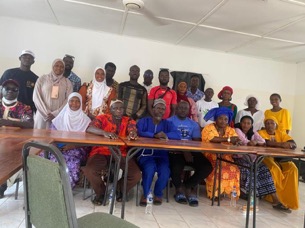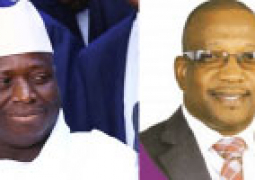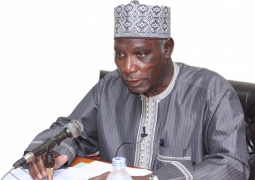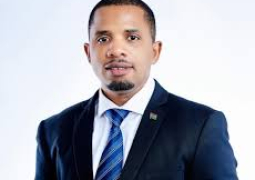
The meeting brought together four Village Development Committees (VDCs) from the Lower River Region (LRR), including Soma, Pakalinding, Sankwia, and Kanikunda.
Samuel Mendy, the Chief Executive Officer (CEO) of Youth Power Network International (YPNI), said five mixed-gender participants from each VDC engaged in interactive sessions that tackled key issues such as gender norms, consent, and women empowerment, as well as controversial practices like Female Genital Mutilation/Cutting (FGM/C) and early child marriage.
According to him, the consultative sessions, which took place in Soma, were designed to foster dialogue around sensitive gender issues and assess the prevailing attitudes toward gender equality in the region. The discussions revealed deeply entrenched beliefs, especially surrounding traditional practices such as FGM/C and early child marriage.
"One of the core sessions of the meeting focused on challenging existing gender norms and promoting mutual respect in decision-making processes, particularly around consent. Participants explored how social norms shape perceptions of gender roles and the power dynamics between men and women, " he recounted.
CEO Mendy indicated that there was general consensus among many participants that empowering women and ensuring their consent in all aspects of life — including marriage and reproductive health — are vital for fostering gender equality.
Mr Mendy said the conversation became more heated when the discussion shifted to Female Genital Mutilation/Cutting and early child marriage. While some participants unequivocally condemned these practices as harmful and a violation of women’s rights, others defended them as part of their cultural heritage.
Mariama Fofana, a participant, expressed the need for more education around consent, emphasising, "It is important that both men and women understand that consent is about respect and equality in relationships. Without it, we cannot move forward."
Fatoumatta Saidykhan argued: "FGM has been part of our tradition for generations, and it is not something that should be criminalized. This practice is not just traditional but religious. People should have the right to choose whether or not they want to continue this practice."
Similar sentiments were shared regarding early marriage, with some participants asserting that it is a means of securing the future of girls within their communities.
Two other participants - Jarra Darboe and Mba Fanta Saidykhan - condemned both practices, stating: "These customs harm our girls, deprive them of education, and limit their opportunities in life. We need to protect our girls, not cut them or marry them off at a young age."
However, despite the divergent opinions, many participants expressed a strong desire for greater empowerment for women and girls, particularly in terms of access to education, healthcare, and decision-making opportunities. The conversation around FGM/C and early marriage highlighted the need for further community engagement and education to dispel myths and promote the health and rights of women.
Isatou Kinteh, a participant, calls for caution regarding legislative interventions, while suggesting that education on the risks of FGM/C and early marriage is crucial and there should be no blanket laws banning these practices.
Aja Mariama Ceesay, another participant noted: "We don't want to be forced by the government to abandon our culture. It should be up to individuals and families to decide for themselves."
Nyimanding Njie, for her part, urged the Youth Power Network International (YPNI) to continue working with the communities to raise awareness on the dangers of harmful traditional practices while promoting gender equality and women’s empowerment.
The dialogue highlighted the complexity of addressing deeply rooted gender norms and the need for culturally sensitive approaches in advocating for change.
According to the organisers, as the Gender Promotion Initiative Project 2.0 (GPI 2.0) moves forward, it remains clear that ongoing community consultations and educational programs will be essential in promoting a deeper understanding of gender equality and protecting the rights of women and girls in the Lower River Region.




